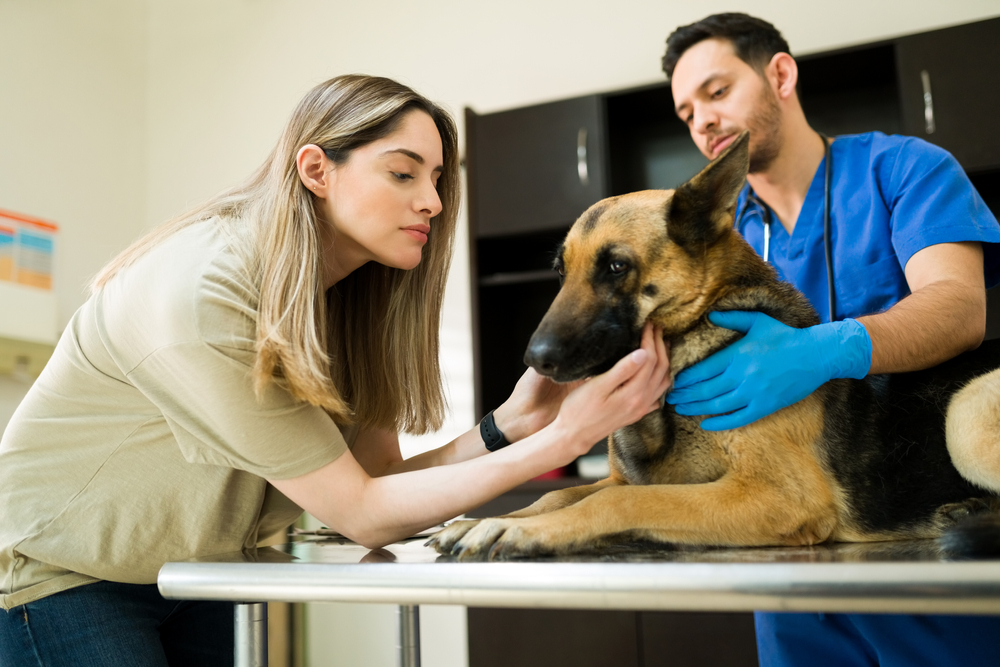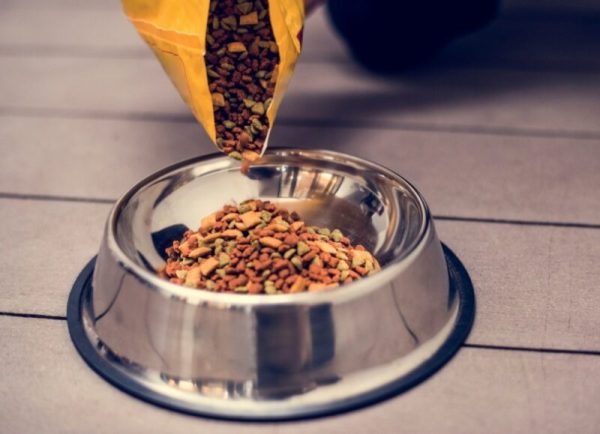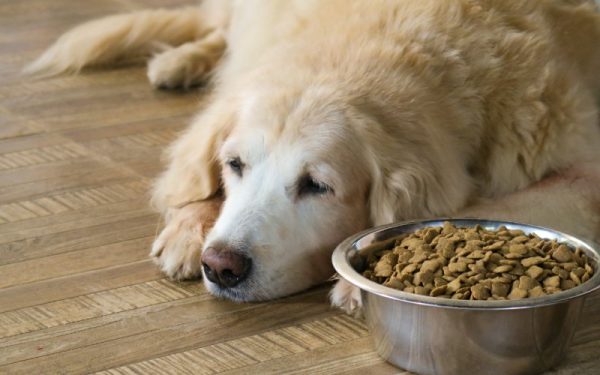In this article
This is a tough subject area to think about, and not terribly easy to write about either. The death of a pet and patient, particularly one that is not expected or understood, is a horrible and traumatic experience. Losing a beloved pet through old age, an accident, or chronic illness is difficult, but we are at least able to understand and process how their death occurred. If a pet dies suddenly at home, or unexpectedly under anesthetic, not knowing why can be almost as upsetting as the death itself. In those situations, a post-mortem examination could give you the explanation you need, but it may also cause more distress and uncertainty. So how do you know when to ask for one?

What Can a Necropsy Tell Us?
The information a necropsy can provide, as well as the accuracy of that information, will be impacted by how quickly the body is examined, and how the body has been stored. When it comes to pets, the decision to perform a necropsy isn’t always made right away, and this delay can impact the results.
Some veterinary practices can perform a basic necropsy on site, but for a more detailed examination, your pet will usually be transported to a pathologist, who has the experience, equipment, and laboratory tests needed for a thorough post-mortem.
- Cause of death
- Internal damage
- Previously undiagnosed conditions
- Whether there are toxins/poisons present
HOWEVER, the information and accuracy of the information obtained from a post-mortem examination can be limited by a number of factors, particularly if the examination is delayed, or the body has been stored in a freezer, as is most common.
- It can be difficult to determine if certain changes occurred before or after death.
- Not all toxins can be tested for, and will only be tested for if specifically requested.
- Very small pets will be difficult to examine.
Due to these factors, it is not always possible to determine the cause of death.

Can a Necropsy Be Performed Without My Consent?
In most instances, the post-mortem examination of a pet can only be performed with the express consent of the owner. Having said that, there have been times when I have performed an external examination of a deceased pet, or obtained a sample of fluid using a needle, to better understand an animal’s death, and hopefully provide a little more information to their owner. Any sort of invasive or surgical post-mortem exam should not take place without owner consent.
When Is a Necropsy Needed?
There are few situations where the post-mortem examination of a pet is legally required, however. If there are suspicions that a pet’s treatment and/or death are the result of criminal activities, or if there is a public health concern, a necropsy may be ordered.
Consulting a veterinarian is recommended for the best course of action.
Did you know you can speak to a veterinarian without having to travel? Just head over to PangoVet. It's our online service where you can talk to a vet online and get the advice you need for your pet — all at an affordable price!

Should I Ask for a Necropsy?
If you are considering requesting a post-mortem exam for your pet, the decision needs to be made quickly in order for the results to be as meaningful as possible. The questions you need to ask yourself are:
- What will knowing the cause of death mean to me?
- Is there suspected foul play or deliberate act in question?
- Will I be able to accept it if the cause of death cannot be determined?
- How do I feel about the invasive examination of my pet’s remains?
- Would a necropsy help other pets?
Can My Vet Ask for a Necropsy?
There may be situations where your vet asks your permission to perform a post-mortem examination, or send samples away to the lab. This may be to confirm a diagnosis, or simply to try to help them understand what has happened. For vets, it can be almost as distressing and frustrating to lose a patient without knowing why. If this is the case, be open and honest about what you are and aren’t comfortable with. If they are looking for something specific, they may be able to obtain samples or confirm a suspicion with less invasive techniques than would happen with a full necropsy. And if that information helps another dog, it can be a way to honor your pet.


Final Thoughts
Closure is an important part of the grieving process, and a necropsy can be one way to obtain it if your pet has died suddenly and unexpectedly. Learning about their cause of death may help you to process the loss, and the information obtained could also help other pets in the future. However, we need to understand that a post-mortem examination may not give us the answers we need, and the ones we get might not help us feel better.
The decision to have a necropsy of your pet is a personal one, and it is important to understand that it needs to be made quickly, and it may not give you the closure you need. But if you need answers, do not hesitate to talk to a vet about your options.
Featured Image Credit: Zontica, Shutterstock





















